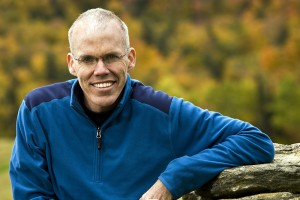Durable Future: Bill McKibben (#115 Encore)
Relocalization may be the most important strategy for minimizing climate change. According to Bill McKibben, “working as communities is the most important thing that we can be doing right now.” In this wide-ranging conversation about the sustainability of our civilization, McKibben shares his thinking about much more than climate change, including the fact that having “more” is not necessarily the key to our happiness.
For a long time more and better were pretty much in the same direction….But sometime, and apparently quite a while ago, that link broke down.”

Bill McKibben has played a major role in public awareness and discussion about climate change. His 1989 book, The End of Nature, was likely the first book for a general audience about climate change. He’s one of the founders of the planet-wide, grassroots climate change movement, 350.org, he spearheaded resistance to the Keystone Pipeline, and launched the fossil fuel divestment movement.
I sat down with McKibben in 2007, shortly after publication of his book, Deep Economy: The Wealth of Communities and the Durable Future, the year before he co-founded 350.org, for this macro-level look at climate change, human behavior and happiness, and public policy. Local food, small farms, suburban isolation, more leisure and less stuff, community connections, and greater satisfaction all came up for discussion.
We’re sharing our best episodes from Season One while we take a break in production between seasons two and three. Do you want another season of the brightest minds and sharpest thinking about our relationship with the planet? We really need your help. Please visit Tap the Brightest Minds and lend us a little support. You can even be named as an episode underwriter!
Subscribe on Apple Podcasts, Stitcher, Google Play , TuneIn or PlayerFM to have these podcasts delivered every week to your device. You can also follow us on SoundCloud. Reviews and ratings help more people find the project. And/or sign up to get an email every week with the newest episode. Your comments are invited below. Do you think we have to give up “more” in order to stabilize the climate, or can technology save the day? If technology can solve the climate problem (and that is a huge IF), what about the other environmental crises?
More About Bill McKibben:
Environmental journalist Bill McKibben is a former staff writer for the New Yorker. He was named to Foreign Policy’s inaugural list of the 100 most important global thinkers. The Boston Globe said he is “probably America’s most important environmentalist.” He is a scholar in environmental studies at Middlebury College, continues to advise 350.org, and speaks regularly about climate change.
A few of the dozen books he has written:
Eaarth: Making a Life on a Tough New Planet
Deep Economy: The Wealth of Communities and the Durable Future
Fight Global Warming Now: The Handbook for Taking Action in Your Community
Enough: Staying Human in an Engineered Age
Hope, Human and Wild: True Stories of Living Lightly on the Earth
Maybe One: A Case for Smaller Families
The End of Nature
Photo Credit: ©Nancie Battaglia





Do you address the effects population growth has on most problems we have?
Janice, we’ve had a number of episodes focused on population growth, and the subject is visited in many others. You can quickly peruse a list and brief descriptions of all our episodes to-date at html://www.conversationearth.org/episode-list. In particular, episode #102 with Al Bartlett, #106 with Stephanie Mills, #206 and #107 with Travis Rieder, and #213 and #214 with Bill Ryerson, focus on the topic.